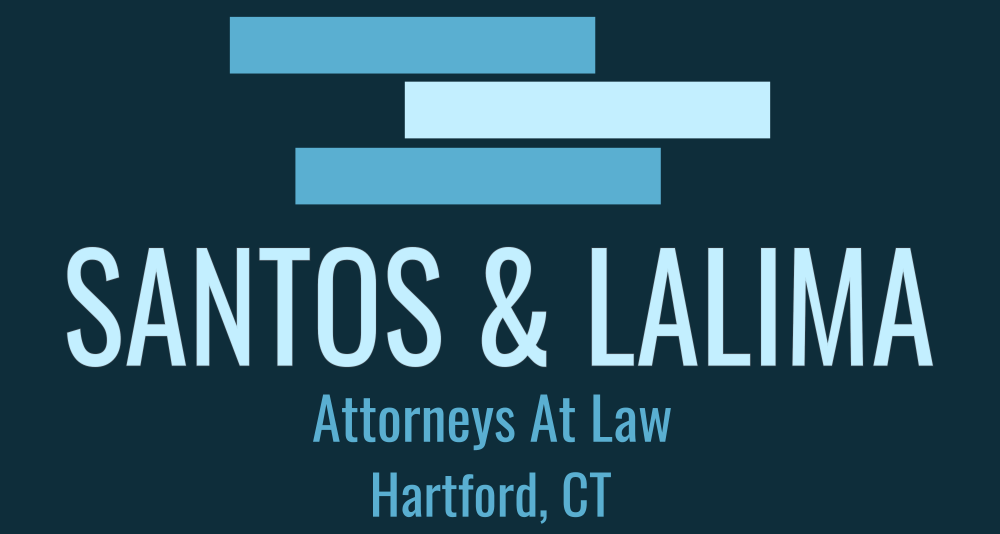“I Fought the Law” — Darrell Brooks & the Dangers of Pro Se Representation
“A man who represents himself has a fool for a client.” - Abraham Lincoln
Although the Sixth Amendment to the US Constitution has been interpreted to include the right to self-representation, it is seldom a wise decision to proceed with a criminal matter pro se. Especially when facing 76 criminal charges, including six counts of first-degree intentional homicide. Darrell E. Brooks is representing himself at trial for the deaths and injuries that occurred during the Waukesha Christmas Parade on November 21, 2021. On October 3rd, 2022, just days before his trial was set to begin, the Court found Brooks competent to represent himself and approved his motion to dismiss his appointed counsel. Trial began on October 6th. As Brooks is learning the hard way, pro se (sometimes referred to as “pro per”) defendants are expected to follow court rules, procedures, and decorum, regardless of their lack of formal legal education and training.
Here are just a few common problems that pop up when electing for self-representation in a criminal matter:
A pro se defendant must be found competent to represent themselves, show that they are able to understand the proceedings and knowingly waive the right to counsel.
Not all states allow for the appointment of standby counsel; a pro se defendant may need to be prepared to proceed without any legal assistance.
A court is not required to delay proceedings if a defendant elects to proceed pro se near the start of a trial. A pro se defendant that was previously represented by counsel needs to be prepared to continue on with scheduled proceedings with little to no pause in the case.
A pro se defendant is expected to follow the appropriate rules of criminal procedure and evidence in their respective jurisdiction. Although some courts may extend some leniency toward pro se defendants, there is no requirement to do so. For example, a pro se defendant must abide by court filing protocols and deadlines, articulate arguments based in law, conduct their own examinations of witnesses, make appropriate and timely objections, and, if applicable, effectively introduce relevant evidence.
A pro se defendant is up against prosecutors who are familiar with court rules and procedures and have experience crafting and presenting legal arguments.
By proceeding pro se, a defendant may waive the ability to raise an ineffective assistance of counsel claim during a post-conviction proceeding (direct appeal, habeas corpus, etc.).
Brooks has run into many of these problems, especially the following fundamental misunderstandings and misapplications of law, procedures, and evidentiary rules:
inapplicability of subject matter jurisdiction
lack of consent to being referred to by his name
lack of consent to any part of the proceeding
denying authority of the Court/judge
arguing improper legal issues in the presence of the jury
interrupting and arguing with the Court, even after repeated warnings
filing frivolous motions
improperly filing subpoenas
testifying through the examination of witnesses
badgering a witness
improper objections (especially hearsay, relevance, and non-legal objections)
These issues have caused palpable frustration from Brooks, leading to disruptions, outbursts, lengthy delays, and, at times, complete emotional shutdowns from the defendant. In fact, at several points throughout the trial, Brooks’ lack of control caused the Court to remove him from the main court room to a secondary court room equipped with audio-visual technology. This set-up allowed the Court to “mute” Brooks’ interruptions and minimize their impact on the jury, while also continuing the proceedings with minimal delays and with Brooks representing himself from the other room. Despite Brooks’ adamant objection to this removal, the Court exercised this method of control, rather than the more extreme methods of binding and gagging or holding him in contempt, both of which would have delayed the proceedings even further.
Ultimately, a lack of understand of law, procedures, and rules will not prevent a court from moving forward with a legal proceeding. As Brooks found out over the past three weeks, self-representation is not easy and should not be a decision made lightly. When monetary fines and/or jail time are on the line, defendants are almost surely better off hiring experienced and competent counsel to handle their case.

